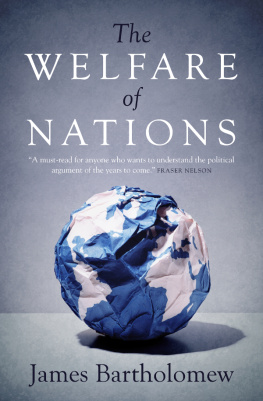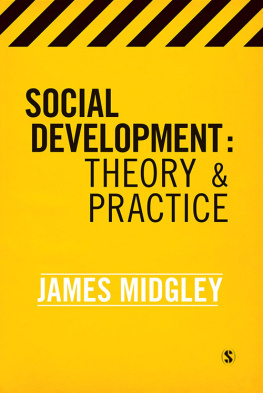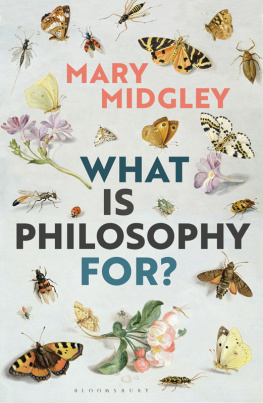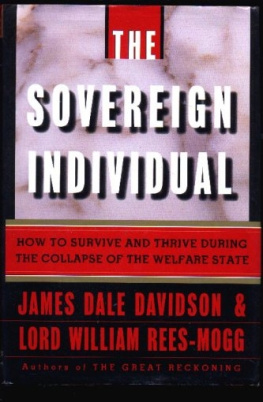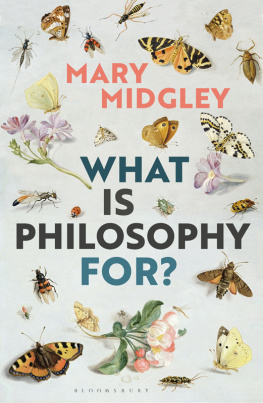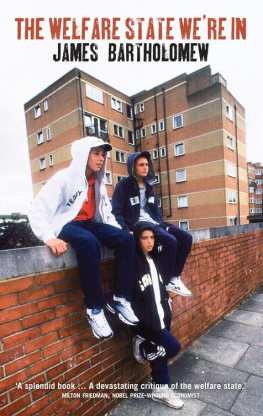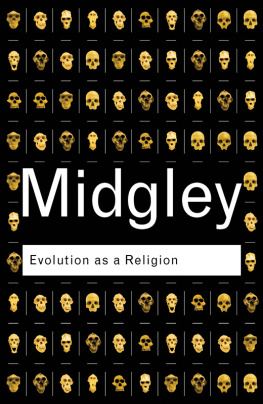To the memory of Kwong-leung Tang, valued student, colleague, and friend 19542014
Copyright 2017 by SAGE Publications, Inc.
All rights reserved. No part of this book may be reproduced or utilized in any form or by any means, electronic or mechanical, including photocopying, recording, or by any information storage and retrieval system, without permission in writing from the publisher.
FOR INFORMATION
SAGE Publications, Inc.
2455 Teller Road
Thousand Oaks, California 91320
E-mail: order@sagepub.com
SAGE Publications Ltd.
1 Olivers Yard
55 City Road
London, EC1Y 1SP
United Kingdom
SAGE Publications India Pvt. Ltd.
B 1/I 1 Mohan Cooperative Industrial Area
Mathura Road, New Delhi 110 044
India
SAGE Publications Asia-Pacific Pte. Ltd.
3 Church Street
#10-04 Samsung Hub
Singapore 049483
Acquisitions Editor: Kassie Graves
Editorial Assistant: Carrie Montoya
Production Editor: Olivia Weber-Stenis
Copy Editor: Janet Ford
Typesetter: Hurix Systems Pvt. Ltd
Proofreader: Susan Schon
Indexer: Scott Smiley
Cover Designer: Anupama Krishnan
Marketing Manager: Shari Countryman
Printed in the United States of America.
ISBN 978-1-4129-1802-2
This book is printed on acid-free paper.
16 17 18 19 20 10 9 8 7 6 5 4 3 2 1
Acknowledgments
I have been extraordinarily fortunate and privileged to have worked with many colleagues around the world who share my interest in international social development and social welfare. I have learned from their knowledge and experiences which have informed my own thinking in the field. Growing up in South Africa and my practice experience as a social worker in the informal settlements around Cape Town left an indelible legacy, and helped me to understand that there are no simple solutions to the problems of poverty and deprivation, inequality and oppression that continue to plague the world. My own teachers, including Richard Titmuss, Brian Abel-Smith, and Bob Pinker at the London School of Economics had a formative influence on my intellectual development, and I am fortunate to maintain close links with colleagues at the School, including David Piachaud and Tony Hall with whom I have collaborated on numerous occasions and to whom I owe a great debt.
I am grateful to many colleagues here in the United States who encouraged and supported my work. I profited greatly from the time I spent at Louisiana State University where friends, including Joachim Singleman and Michelle Livermore, helped me to understand that the social problems that characterize many developing countries are also to be found in the worlds richest nations. I am deeply indebted to other colleagues in the United States, including Richard Estes, Fred Ahearn, Chuck Cowger, Michael and Margaret Sherraden, Howard Karger, Terry Hokenstad, Julian Chow, Doreen Elliot, and Nazneen Mayadas (who sadly passed away last year). They engaged me in many informative and pleasant discussions over the years. I also learned so much from the members of the International Consortium of Social Development (ICSD), and it has been a joy to collaborate with them.
I have also benefited from international collaborations with Leila Patel, Antoinette Lombard, and Eddie Kaseke in South Africa; Roddie Mupedsizwa in Botswana; Hye Kung Lee, Young Hwa Kim, Huk Ju Kwon, Joon Yong Jo, and other colleagues in Korea; Mitsuhiko Hosaka, Toshohiro Yogo, Takayoshi Amenomori, Shinichi Shigetomi, Miyuki Inaba, and others in Japan; Manohar Pawar, Richard Hugman, Mel Gray, and Paul Smyth in Australia; Adolfo Carzola and his colleagues in Spain; Lutz Leisering and his colleagues at Bielefeld; Ulrich Becker, Franz and Keebet von Benda-Beckmann, Bernd Schulte, Barbara Darimont, and others associated with the Max Planck Institute in Germany; Ngiam Tee Liang and Tan Ngoh Tiong in Singapore; Yapeng Zhu, Yuebin Xu, Xuilan Zhang, Fang Wei, Han Keging, and other colleagues in China; Espen Dahl and his colleagues in Norway; and James Lee, Raymond Ngan as well as Ceci Chan, Joe Leung, and Nelson Chow in Hong Kong. I am also grateful to other friends and colleagues who are too numerous to mention yet who influenced my ideas and writing in so many positive ways.
In particular, I want to pay tribute to the life and work of Kwong-leung Tang who was my student, colleague, and friend. He made an enormous contribution to international social welfare and will be sorely missed. Although I first met Tang and his wife Jackie when he was a student at the London School of Economics in the early 1980s, I benefited from his insights, wisdom, and critical perspective. My relationship with Tang (as well as other former students from Hong Kong, such as James and Angela Lee and Raymond Ngan) confirms yet again how much we academics learn from our students. In this regard I would like to thank the many student colleagues I have been privileged to work with over the years. They played an important role in shaping my ideas. It was a group of former students at LSU in the 1990s, including Michelle Livermore, Lolita Perkins, and Allison Nuestrom (who sadly passed away in 2015) who first encouraged me to write Social Welfare in Global Context published by Sage in 1997. Although this book is not a revised edition of the original publication, it draws on many of the ideas first articulated there. I am indebted to former Berkeley doctoral students, including Will Rainford, Amy Conley Wright, Dave Androff, Joon Yong Jo, Sirojudin, Sam Vo, and Mary Caplan who inspired me on many occasions.
I am also grateful to those who helped with the production of this book. It has been a pleasure to work with colleagues at Sage, and I am particularly grateful to Kassie Graves for commissioning this book and providing ongoing support. It has been a pleasure to work with her over the years. Thanks to Carrie Montoya for her assistance, Olivia Weber-Stenis for managing the books production, Janet Ford for copyediting, Anupama Krishnan for designing a lovely cover, and Shari Countryman for marketing. No author could be more fortunate in working with such a dedicated and efficient team.
James Midgley
University of California, Berkeley
Introduction: Welfare and the Global Era
This book discusses the ways that families, communities, societies, and international organizations enhance social welfare (or wellbeing, as it is often called) in the evolving global era. It draws on a variety of theoretical perspectives that inform social welfare thinking and discusses the policies and practices that have evolved in different countries over the years to promote peoples wellbeing. These practices, known as interventions in this book, are implemented by different agents and are shaped by culturally embedded institutions. Agents include administrators, social workers, and volunteers as well as organizations, such as nonprofits and government agencies. The major social welfare institutions include the family, community support networks, philanthropy, the market, and the state. The family and community networks are often referred to as nonformal institutions while philanthropy, the market, and the state are regarded as formal institutions. Together, agents, interventions, and institutions comprise a complex nexus of welfare provision that functions at the local, national, and international levels.







